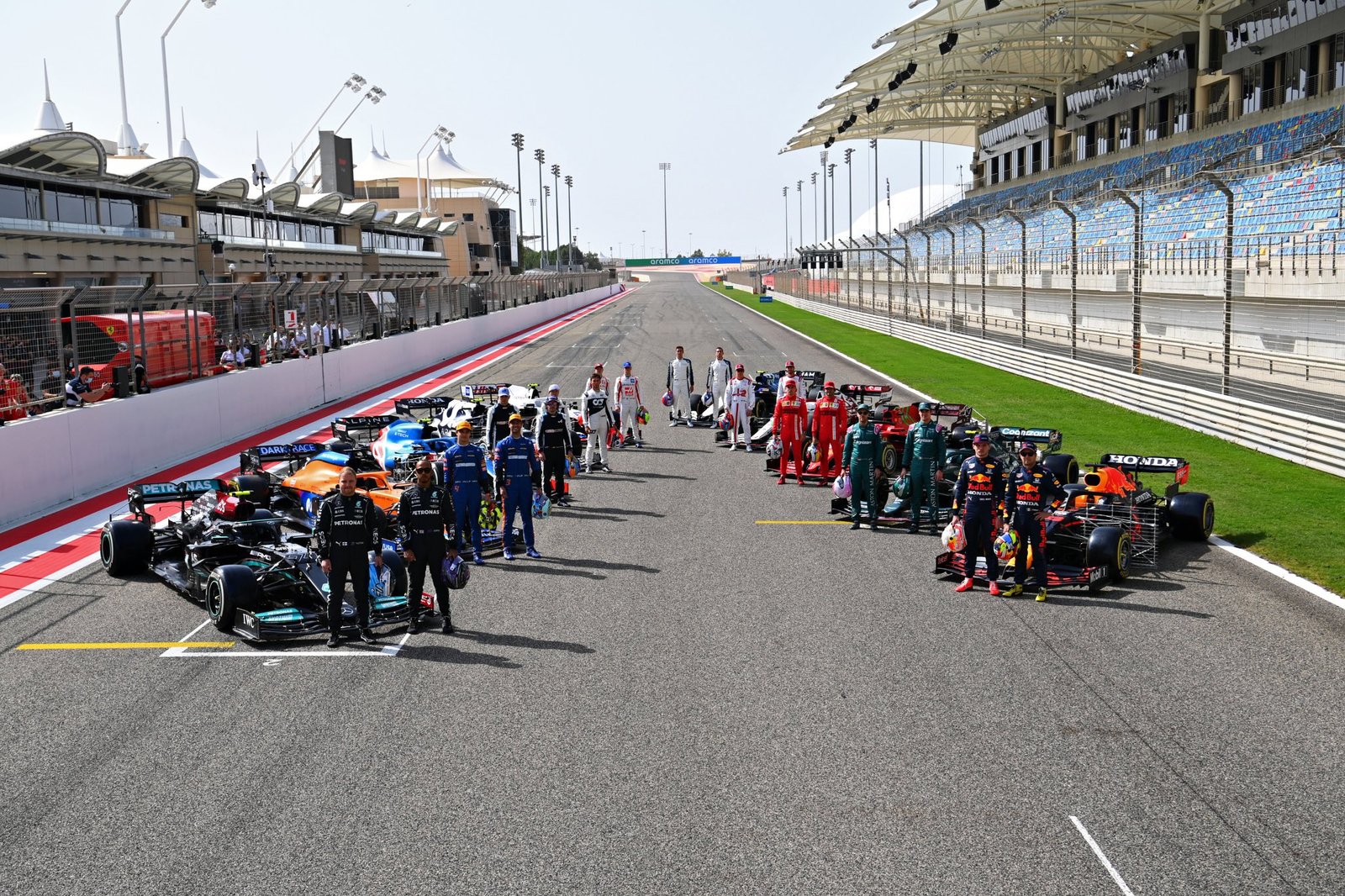The Kingdom of Saudi Arabia has an abhorrent human rights record. Indeed, the concept of “Human Rights” is a Western concept and there are grey areas regarding what could and should be considered an inalienable right.
They are, in the end, subjective social constructions of aggregate consensus which distinct dialectic processes beget. But it is precisely because no one is the perfect arbiter and different conclusions can be valid, that freedom of speech must be protected and enshrined. In Saudi Arabia some people die if they dare to speak.
“Sportswashing” is a concept that relates to utilizing sports as means to improve a country’s -or other institution’s- image. Sport has an aesthetic and emotional appeal that makes people associate positive feelings towards that which involves sport, hence sport sponsorship.
It is no surprise that the Kingdom of Saudi Arabia and its major company, Saudi Aramco, are utilizing sport to improve their image, severely tarnished by their human rights records, particularly against women’s rights and freedom of speech, and exacerbated by the murder of journalist Jamal Khashoggi.
Saudi should not get a free pass on their human rights records but sport is not the only agency in charge of helping improve the human rights conditions in Saudi.
As long as countries keep on importing from Saudi and do not condemn their actions then it would also be wrong to scapegoat sport when there are more relevant actors and actions to attend to strive towards change.
Last week, Formula 1 announced it will be hosting a Saudi Grand Prix next year and the Ladies European Tour (Golf) held the Aramco Saudi Ladies International -won by Emily Kristine Pedersen (DEN)-, the best-paid tournament outside of the majors in the tour.
This week they will host the Saudi Ladies Team International, which should be the most competitive team golf tournament in the year. These organizations have been criticized for being complicit with Saudi and their corporations.
Sport is having and will continue to have a huge platform in Saudi Arabia. This confers a great responsibility. Several opportunities arise: from the harder decisions of directly condemning or boycotting an event, to more political and sport-related options, such as raising awareness towards more equitable conditions towards women.
Women were not allowed to drive in Saudi until last year -and it till does not mean women still have it easy- and also until last year they could not legally enter the country unaccompanied by men.
The fact that Formula E hosted a women’s-only test last year should have made a statement. So should if the women’s-only W Series hosts a support race to Formula 1 next year.
And to put women at the forefront of a golf event, a sport that has been historically male-dominated (and still is on the causal play) can also become a catalyst to change.
Even if that means that more women will be inspired to play the sport, or clubs to open membership, or for women to have more liberty to dress differently, this might have an important impact.
But for media it is also our responsibility to remind the public that Saudi still needs to do better in other areas and that sport should not be an excuse to hide problems, but rather to become a positive force to help change them.



